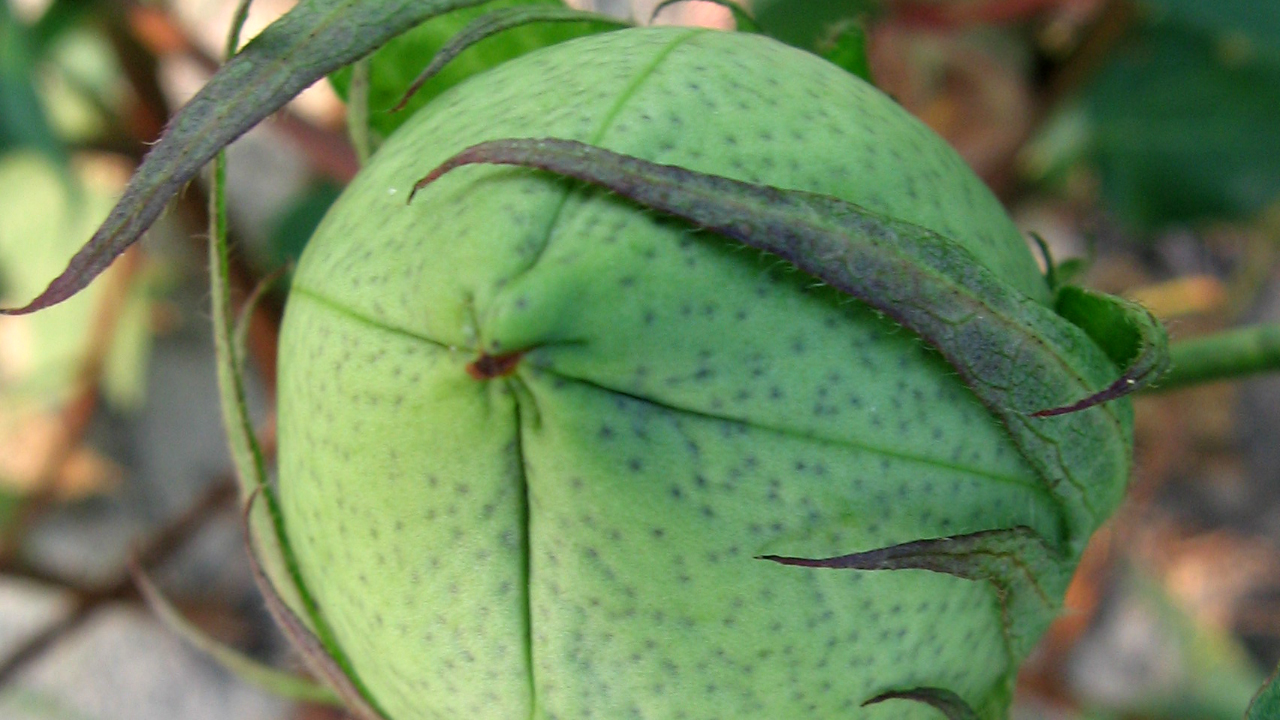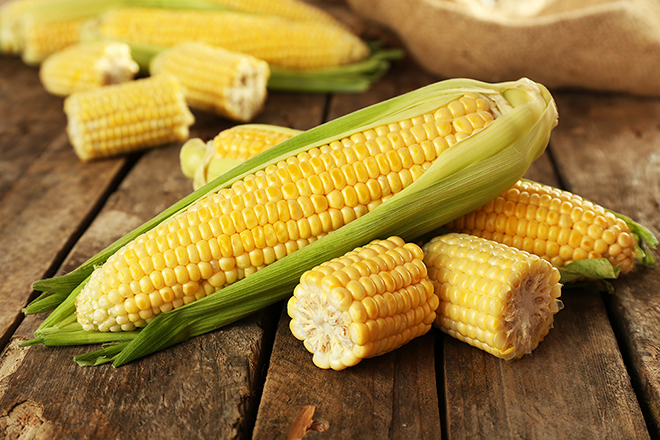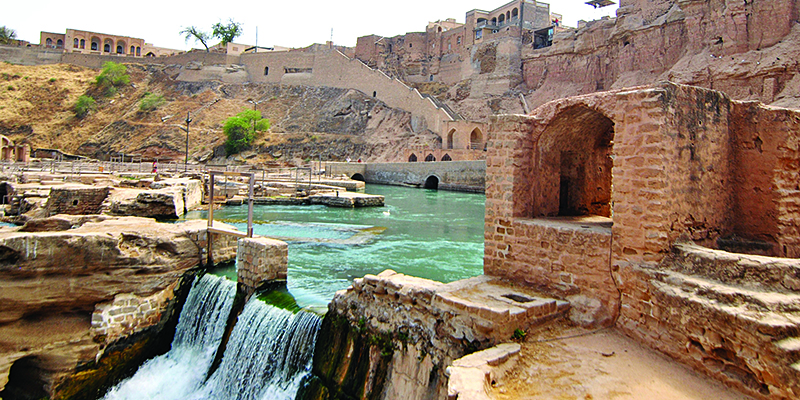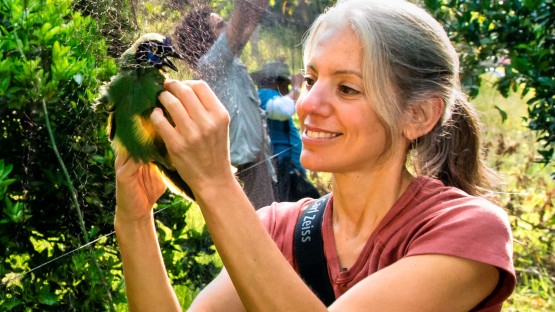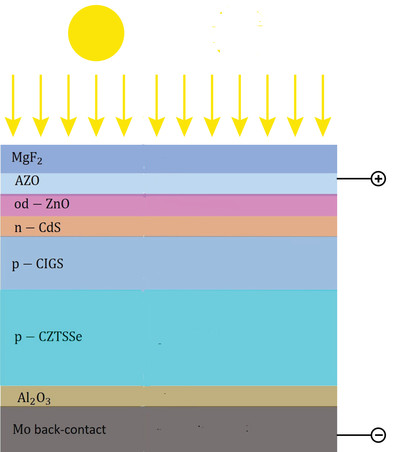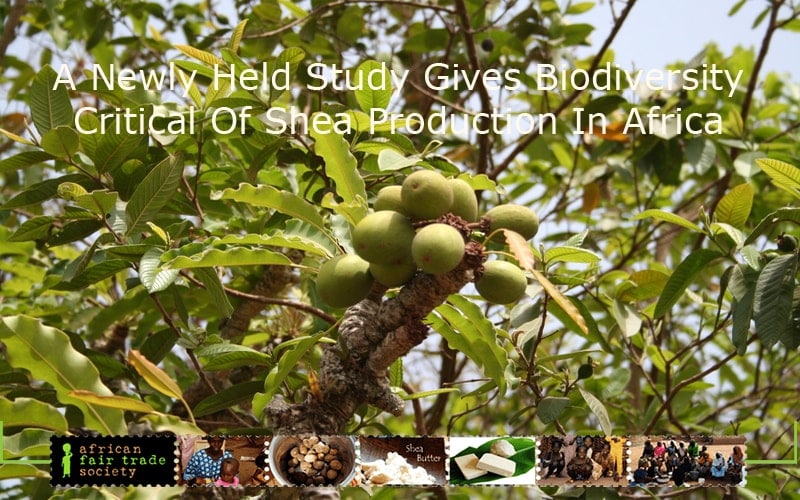 Isaac L
Isaac L
Topics: Cotton, Education U.S. NorthEast, Sustainability, Research,
-
(0)
-
Bookmark
- Comments (0)
 Isaac L
Isaac L
Topics: Corn/Maize, Education U.S. NorthEast, Food/Nutrition, Sweet Corn, World Hunger, World Population,
Cash in on the health benefits of corn
Many of us have great summer memories surrounding sweet corn. In the Midwest, when sweet corn is ready, our meals take on a different look as ears of corn make their way to our plates. But there’s more to corn than just the version on the cob.
-
(2)
-
Bookmark
- Comments (3)
 John LaRose Jr.
John LaRose Jr.
Topics: Corn/Maize, Soil Health, Precision AG , Agriculture US, Crop Consultant, Education U.S. NorthEast, Agriculture Global, Conservation/Tillage, Sustainability, World Hunger, World Population,
Reduced soil tilling helps both soils and yields
By monitoring crops through machine learning and satellite data, Stanford scientists have found farms that till the soil less can increase yields of corn and soybeans and improve the health of the soil – a win-win for global food security.
-
(0)
-
Bookmark
- Comments (0)
 John LaRose Jr.
John LaRose Jr.
Topics: Education U.S. NorthEast, Water, Sustainability, Research, World Population, Weather,
Predicting plant water needs in a warmer, drier world
New research suggests dry air and warmer temperatures may prompt bigger than expected changes in how water moves through plants. The adjustment may allow plants to survive with less water in future droughts, while downshifting how much carbon they absorb.
-
(0)
-
Bookmark
- Comments (0)
 John LaRose Jr.
John LaRose Jr.
Topics: Education U.S. NorthEast, Water, Economics, Sustainability, Fishing (Commercial), Research, World Hunger, World Population, Regenerative Agriculture,
More food from the sea by 2050
If sustainably managed, wild fisheries and mariculture could help meet the rising demand for food in the long term.
-
(0)
-
Bookmark
- Comments (0)
 John LaRose Jr.
John LaRose Jr.
Topics: Education U.S. NorthEast, Sustainability, World Hunger, Government / Policies, World Population, Ag Middle East, Weather,
Water scarcity and reduction in crop yield due to climate change could drop GDP by 10% in Middle East
The Middle East is one of the most water scarce regions in the world. Many countries in the region have exploited their available water resources and left watersheds below the sustainable level of water withdrawal. Water is extensively used in agricultural activities and the region has seen declines in precipitation over time. Adding to those constraints, the region faces issues with population growth, economic development and the effects of climate change. Collectively, these patterns indicate that many Middle Eastern countries will experience major constraints to maintaining available water resources and expanding their crop production.
-
(0)
-
Bookmark
- Comments (0)
10/26/2020 SOURCE: www.farmprogress.com
Slideshow: The two-year study examined factors that affect chopping efficiency.
Cornell study looks at corn silage chopping efficiency
-
(0)
-
Bookmark
- Comments (0)
09/24/2020 SOURCE: news.cornell.edu
Ecologists Aaron Rice and Amanda Rodewald are working with Migrations: A Global Grand Challenge, part of Global Cornell, to understand how human impacts and activities affect animals and the ecosystems we all share.
Migrations research highlights human impacts on environment | Cornell Chronicle
-
(0)
-
Bookmark
- Comments (0)
09/15/2020 SOURCE: news.psu.edu
Solar cells have come a long way, but inexpensive, thin film solar cells are still far behind more expensive, crystalline solar cells in efficiency. Now, a team of researchers suggests that using two thin films of different materials may be the way to go to create affordable, thin film cells with about 34% efficiency.
Theoretically, two layers are better than one for solar-cell efficiency | Penn State University
-
(0)
-
Bookmark
- Comments (0)
 John LaRose Jr.
John LaRose Jr.
Topics: Education U.S. NorthEast, Beekeeping, Crop Diseases, Research, Genes /Genetics, World Hunger, Ag Africa, Plant Breeding,
A newly held study gives biodiversity critical of Shea production in Africa - africanfairtradesociety
According to a recent study led by scientists from Trinity College Dublin, Shea yield is likely to benefit varieties of shrubs and trees in parkland habitats in West Africa.
-
(0)
-
Bookmark
- Comments (0)


